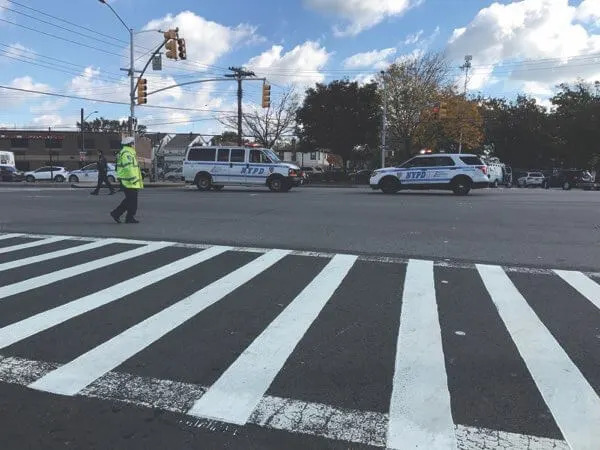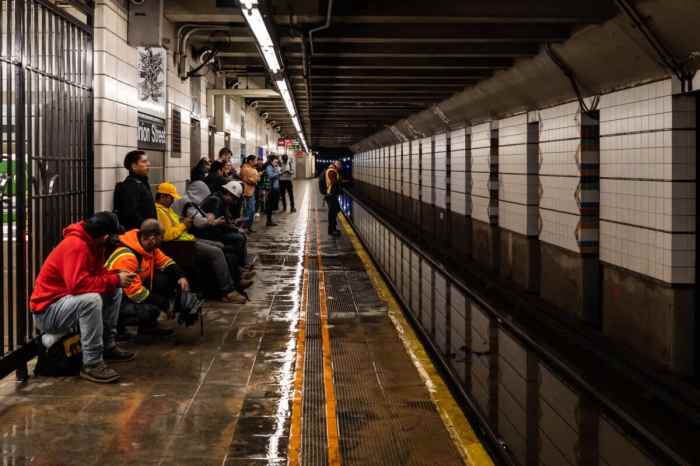In the wake of recent incidents where bird strikes forced two airliners to make emergency landings in the new York area, U.S. Sen. Kirsten Gillibrand introduced legislation that would force federal officials to speed up the removal of Canada geese coming from a wildlife refuge near John F. Kennedy International Airport.
Her bill would empower the U.S. Department of Agriculture to remove Canada geese from the Jamaica Bay Wildlife Refuge.
It’s a popular position to take with a public that remembers when a flock of geese took out two engines of a US Airways jet, flown by Capt. Chesley Sullenberger, who landed the plane on the Hudson River, after taking off from LaGuardia Airport.
But will this approach work, and to what extent will it reduce the danger of bird strikes?
And is this a humane approach? Does the danger of a bird strike justify the slaughter of thousands of geese?
The Jamaica Bay Wildlife Refuge is the “only bird refuge that we have in New York City,” Edita Birnkrant, New York director of Friends of Animals, told an Associated Press reporter. “If they can’t be protected in a wildlife refuge, then where can they be protected?”
In the last two years, LaGuardia reported 280 bird strikes and JFK 450. It is a serious problem, but before the government approves a massive slaughter in a wildlife refuge, an effort should be made to find a less horrific alternative with a better chance of success.
Cops or Pencil Jockeys?
In a move that probably won’t win him any points with the Patrolmen’s Benevolent Association, City Councilman Peter Vallone Jr. has called on the NYPD to get 500 cops out from behind the desk and on the street.
With the backing of DC 37 Local 1549, Vallone said the secretarial-type jobs should be turned over to civilian employees.
There is no reason why a highly trained police officer should be doing administrative work. These officers are needed on the street, either walking a beat or riding in patrol cars. Using civilians could save the city $16.5 million annually.
We would think that many of the officers stuck behind a desk would welcome the change. After all, they didn’t join the force to do administrative work.































